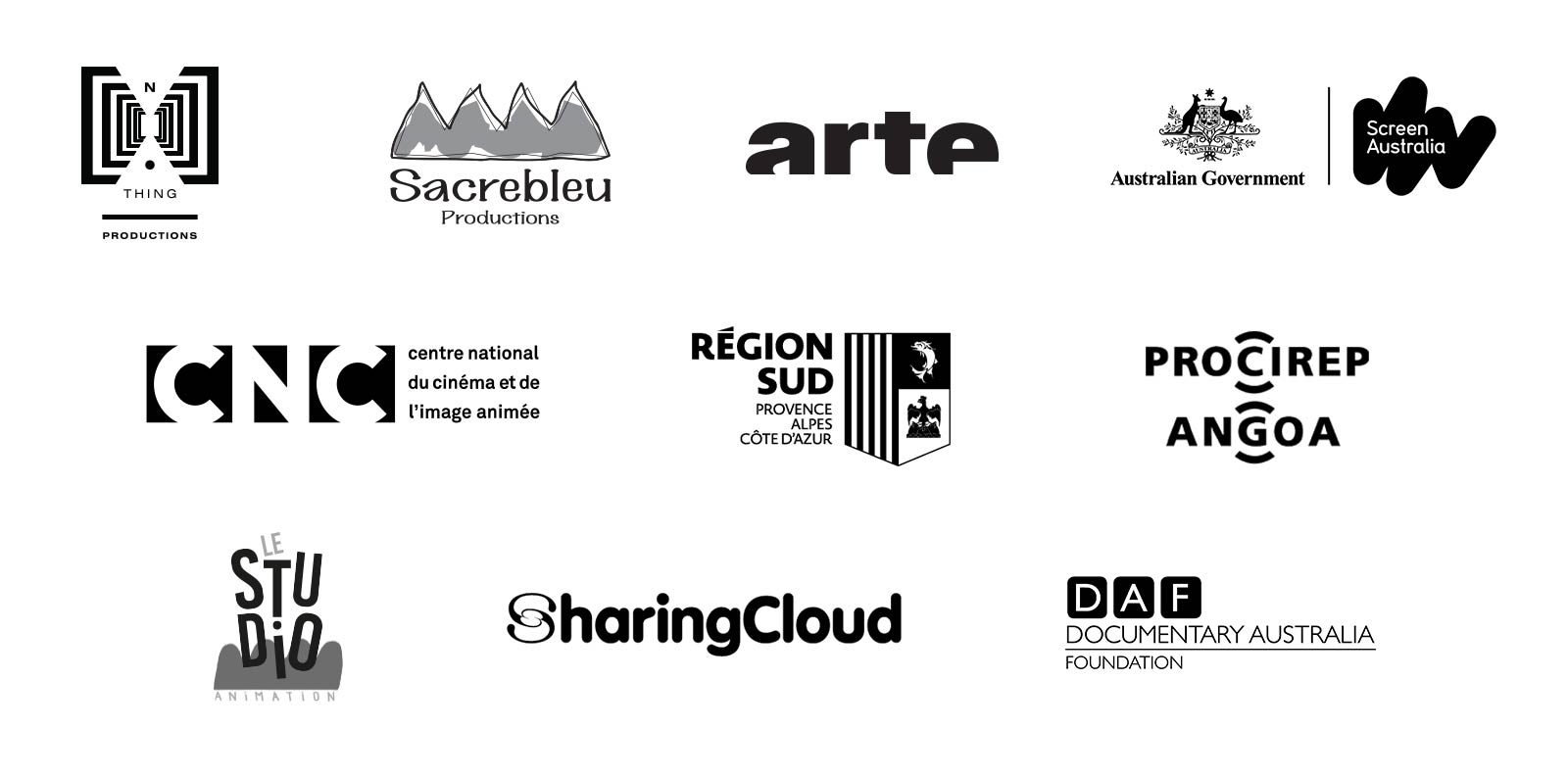Taking too long? Close loading screen.
FREEDOM SWIMMER documents a mass migration story from the 20th century, which is relatively untold in the Western world — and offers context for a city in turmoil, today.
A granddaughter asks her grandfather to recount his journey from China, swimming to Hong Kong in the 1970’s.
One of two million mainland residents who swam across the southern sea border near Shenzhen, it was a decade-long struggle to leave. Many others died trying or were captured and sent to labour camps. He was one of the lucky ones.
From the 1950’s to 1980’s Hong Kong was a symbol of freedom to many Chinese, glimpsed across the water. The grandfather, like many other refugees, went on to have a successful life in Hong Kong and was part of the working-class movement that powered local industry and helped transform the city into a financial success story.
FREEDOM SWIMMER explores the effect of past cultural trauma, allowing the audience to find a new perspective on the current situation. It reflects the depth of a symbol that is ‘freedom’ – that Hong Kong both represents and holds onto so tightly.
On a wider-scale, this is a universal story of the dispossessed – what it takes to flee your country, what it means to fight for freedom, what it is like to leave everything in hope of liberty.
Written and directed by Olivia Martin-McGuire
Produced by Brooke Tia Silcox, Ron Dyens and Olivia Martin-McGuire
Graphic Authorship by Agnes Patron
Composition by Pierre Oberkampf
FREEDOM SWIMMER documents a mass migration story from the 20th century, which is relatively untold in the Western world — and offers context for a city in turmoil, today.
A granddaughter asks her grandfather to recount his journey from China, swimming to Hong Kong in the 1970’s.
One of two million mainland residents who swam across the southern sea border near Shenzhen, it was a decade-long struggle to leave. Many others died trying or were captured and sent to labour camps. He was one of the lucky ones.
From the 1950’s to 1980’s Hong Kong was a symbol of freedom to many Chinese, glimpsed across the water. The grandfather, like many other refugees, went on to have a successful life in Hong Kong and was part of the working-class movement that powered local industry and helped transform the city into a financial success story.
FREEDOM SWIMMER explores the effect of past cultural trauma, allowing the audience to find a new perspective on the current situation. It reflects the depth of a symbol that is ‘freedom’ – that Hong Kong both represents and holds onto so tightly.
On a wider-scale, this is a universal story of the dispossessed – what it takes to flee your country, what it means to fight for freedom, what it is like to leave everything in hope of liberty.
Awards
Official Selection
Olivia is an Australian-British documentary filmmaker and photographer living in London who spent five years living in China and Hong Kong. FREEDOM SWIMMER is her second film. Her first film, the documentary ChinaLove premiered at Sydney Film Festival and DOCNYC and was nominated for Best Australian Documentary and competed in competition at the Asia Pacific Awards. Her photographic work has been exhibited in various international galleries, festivals, museums and publications.
As a storyteller I am interested in cultural and intergenerational trauma and how lived experience informs and affects behaviour and, to an extent, the resulting cycles and patterns.
I am interested in exploring what’s behind events and current narratives – and how understanding or empathising with these stories helps us better connect with each other.
When this story came to me, I was living in Hong Kong, after a period living in China. I had recently finished a feature documentary exploring contemporary China through its wedding industry. It was a totally different topic and world – and yet what was behind this new account in Freedom Swimmer was a familiar echo.
I felt this story offered another window into the changes facing Hong Kong now – by understanding the past a little more. The film is based on a journey across water in search of freedom, that took more than a decade to get right. It feels like there’s a lack of understanding of the refugee experience in the Western world.
It is a story that those interviewed wanted to tell – but feared the consequences of doing so. As an outsider, I believed I was in a unique position to help them tell it. – so this was a unique opportunity to help the story have a voice.
The film is based on a series of audio interviews from intergenerational family members in Hong Kong. The Interviewees requested anonymity, so I recorded audio interviews with several other freedom swimmers and protestors, as well as some who had chosen to migrate to the UK. This allowed me to blend specific details so individual stories weren’t directly attributable.
“There is no fear, when there is no hope.”
Something else that seemed striking to me when I interviewed both the freedom swimmers and the current-day protestors was the parallels and commonalities in language.
Both generations talked about their situations as “being hopeless” but being “prepared to die” for their efforts. They talked about camaraderie or “the community” that existed for those that pushed back then and now – how this became their “freedom”. There were also symbolic parallels in relation to actions or objects, that became motifs in the film.
The fluid, leaderless and faceless protests now, mirrored the journeys in the dark, makeshift tactics or tools and group pragmatism that existed amongst the freedom swimmers. Even the protestors call, “to be water” seemed connected to that original journey from the mainland.
Blending hand-drawn animation and film, the symbolic parallels are tightly woven for both generations, as the story slips between the past and the present.
